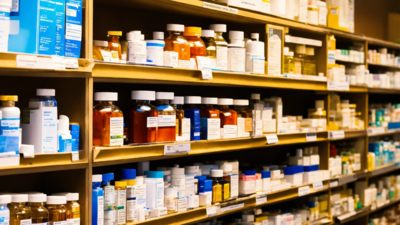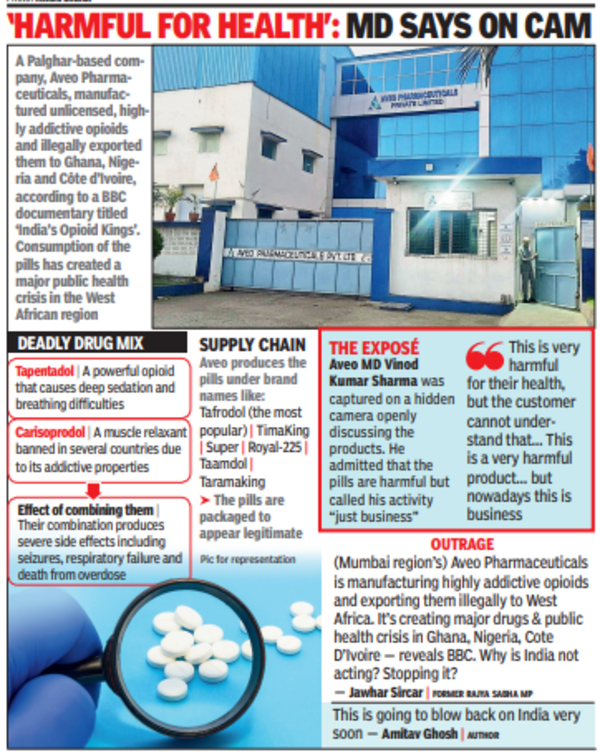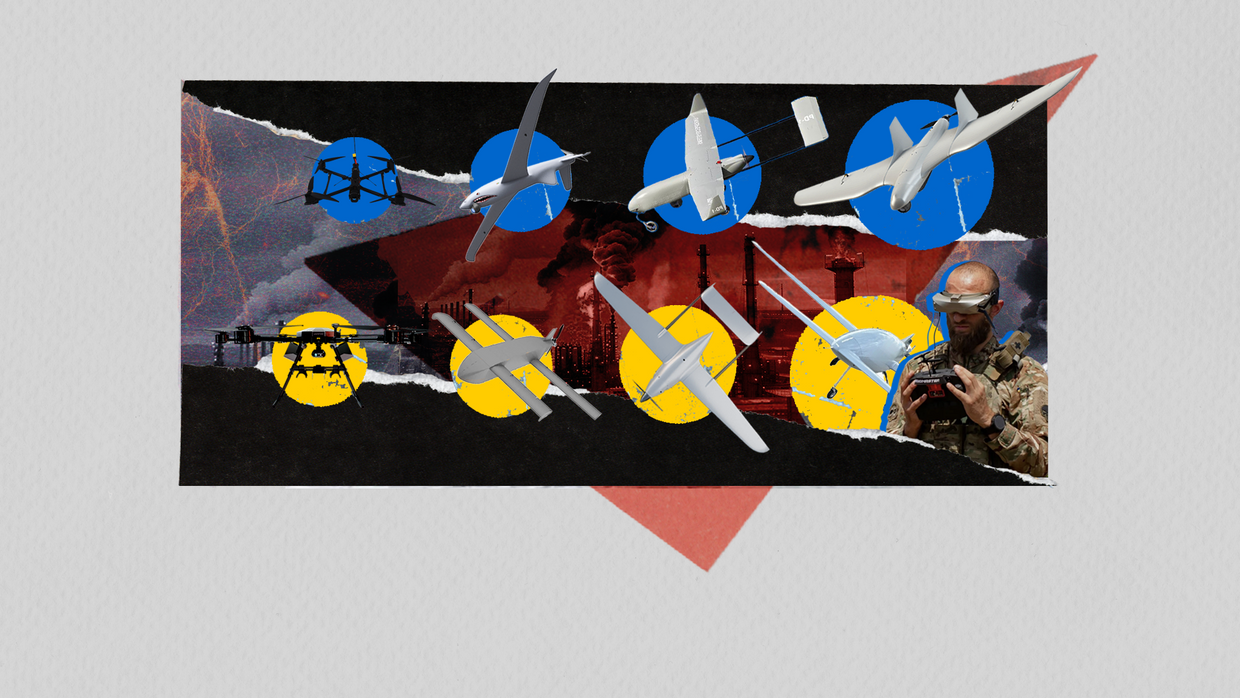
This is a representational AI image (Pic credit: Lexica)
TOI CORRESPONDENT FROM LONDON/MUMBAI: A media expose on a Maharashtra-based pharma company accused of illegally manufacturing unlicensed, addictive
opioids
and exporting them to West Africa led to a joint raid by state and central drug inspectors over the weekend and the announcement of curbs on the manufacturing and export of such products.
The raid on
Aveo Pharmaceuticals
Pvt Ltd's facility and warehouse in Boisar under Palghar district followed a BBC World Service documentary titled '
India's Opioid Kings
'. It examined the public health crisis caused by pills made of a deadly cocktail of
tapentadol
(a powerful opioid) and
carisoprodol
(an addictive muscle relaxant), packaged as legitimate licensed medicines, in countries such as Nigeria and Ghana.
This drug combination is not licensed for use anywhere in the world. "They are coming in from India and that has become a big menace in Nigeria," a member of Nigeria's drug enforcement agency told BBC.
Maharashtra FDA
officials said the entire stock was seized, and further production was immediately halted. The company was also slapped with a showcause.
On Friday, the Centre issued directives to all states to revoke the no-objection certificate (NOC) for export and the manufacturing licences for tapentadol, carisoprodol, and other similar products.

Centre bans manufacture & export of 2 drugs ‘fuelling’ W Africa opioid crisis
Speaking to TOI, an FDA official said, "Aveo has been on our radar for the past few months. We served them notice in October for non-matching of their manufacturing and distribution records. Central Drugs Standard Control Organization (CDSCO) is responsible for testing the exports as per their protocols, and the state does not play a role. Both the medicines have their use separately, but their combination is harmful, and it is already banned in India."
Monish Bhalla, former senior officer of India's Narcotics Control Bureau, said, "The checks and balances on imports in India are far more stringent than for exports."
Aveo is breaking Indian law because it is not meeting import requirements in Ghana, but "the Indian authorities pay little attention to pharma drugs not sold in India," the documentary states.
An undercover BBC reporter went to Aveo Pharmaceuticals' factory posing as a businessman looking to supply opioids to Nigeria and met the managing director Vinod Kumar Sharma. Whilst being plied with snacks and Bisleri, Sharma showed him the pills boxed under different brand names such as Taamdol 225mg and Taramaking 250, all made from the same dangerous cocktail.
Sharma told the reporter, "This is very harmful for their health, but the customer cannot understand that. He wants to relax. Any medicine can be misused. This is a very harmful product in their hands, but nowadays this is business. I can clear from our customs, means India. You can clear from your side."
He told the reporter that he can ship them to Ghana and they can enter Nigeria from there. The drugs he shows are the same ones that have been seized by the police in West African nations because they are illegal. Sharma also boasted that his factory is "WHO certified".
The documentary also focuses on a drug rehabilitation centre in Nigeria where patients addicted to these opioids live in appalling conditions with their legs chained together, sleeping on the floor with no running water. In Tamale, Ghana, local city chief Alhassan Maham has created a citizens' task force of 100 volunteers whose mission is to raid and arrest the drug dealers and take these illegal opioids off the streets. But the problem is: India is manufacturing them faster than they can do that.
CDSCO told the BBC it has taken the matter up with countries in West Africa and will take immediate action against any pharmaceutical firm involved in malpractice.
While Sharma did not respond to TOI requests, the company in a statement said that the allegations against it were baseless and without merit. The company added that it adhered to the rules and regulations set by various regulatory authorities to manufacture and export its products.
.png)
 German (DE)
German (DE)  English (US)
English (US)  Spanish (ES)
Spanish (ES)  French (FR)
French (FR)  Hindi (IN)
Hindi (IN)  Italian (IT)
Italian (IT)  Russian (RU)
Russian (RU)  5 hours ago
1
5 hours ago
1









Comments